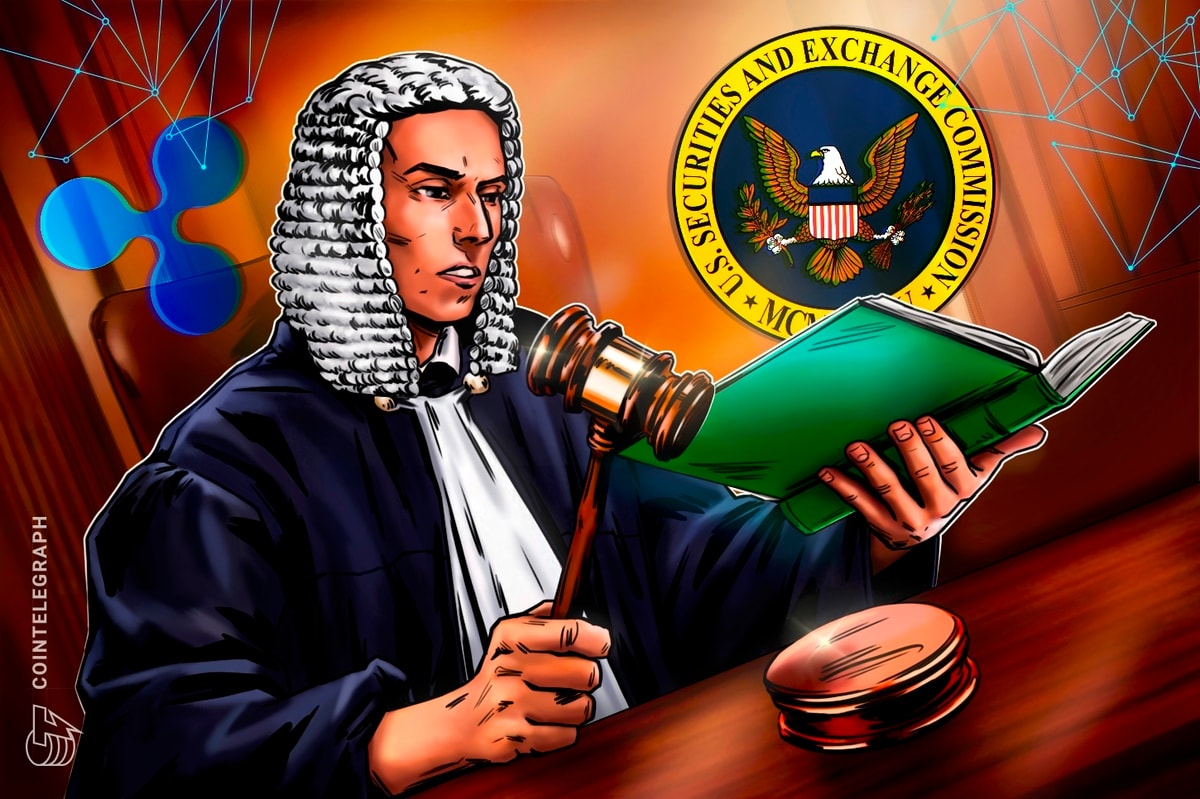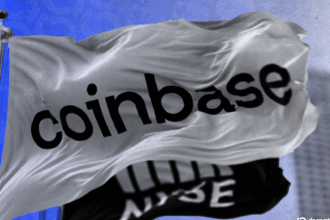SEC and Ripple Release Escrowed Funds in Landmark XRP Litigation
Ripple and the United States Securities and Exchange Commission (SEC) filed a joint motion on Thursday seeking the release of $125 million in funds held in escrow. According to the parties’ agreement, $50 million will be directed to the SEC as payment for the civil penalty, while the remaining $75 million will be returned to Ripple, subject to court approval.
Submitting the filing, attorneys emphasized the resources needed to avoid further judicial proceedings: “The parties’ proposed resolution will preserve the resources of the Second Circuit by avoiding the need to decide appeals, obviate any remand for further proceedings in this Court, and bring 4.5 years of hard-fought litigation to an end.”
The underlying SEC lawsuit against Ripple represents a pivotal moment in U.S. cryptocurrency securities regulation. The resolution formally concludes a case deemed a symbolic victory for the industry, particularly following the ruling in late 2023.
From Ruling to Resolution
In July 2023, Judge Analisa Torres issued a landmark decision in the case, finding that secondary marketplace sales of the XRP token do not meet the definition of securities under the Howey Test. This provided significant relief and recognition to the industry.
However, Judge Torres ruled that certain early distribution methods, involving sales of XRP to investors as compensation for investments, did amount to securities transactions.
The case reached a formal resolution in August 2024 when Judge Torres issued a stipulated final judgment holding Ripple liable for selling XRP as a security during its initial funding rounds and imposing a $125 million civil penalty.
Seeking to challenge the ruling amidst the lead-up to the 2024 US presidential election, the SEC filed an appeal in October 2024.
On March 19, 2025, Ripple CEO Brad Garlinghouse, posting on X (formerly Twitter), announced that the SEC had withdrawn its appeal. Subsequently, Ripple agreed to dismiss its own appeal, effectively ending the litigation without further judicial review of the substantive legal issues decided by the lower court.
This mutual agreement resulted in the refund of the $75 million portion of the penalty, returning that amount to Ripple while acknowledging the Court’s significant jurisdictional stipulation concerning the statutory definition of the term ‘security’.
The resolution confirms a key point debated throughout the proceeding: that while the initial distribution mechanism tying token sales to investment “returns” likely constitutes security activity, the open market resale of unvested or existing tokens may fall outside that scope.
The winding down of this five-year case underscores the transformative impact litigation can have on shaping nascent financial markets, even when its formal conclusion does not definitively establish a universal interpretive framework applicable to all token offerings.












